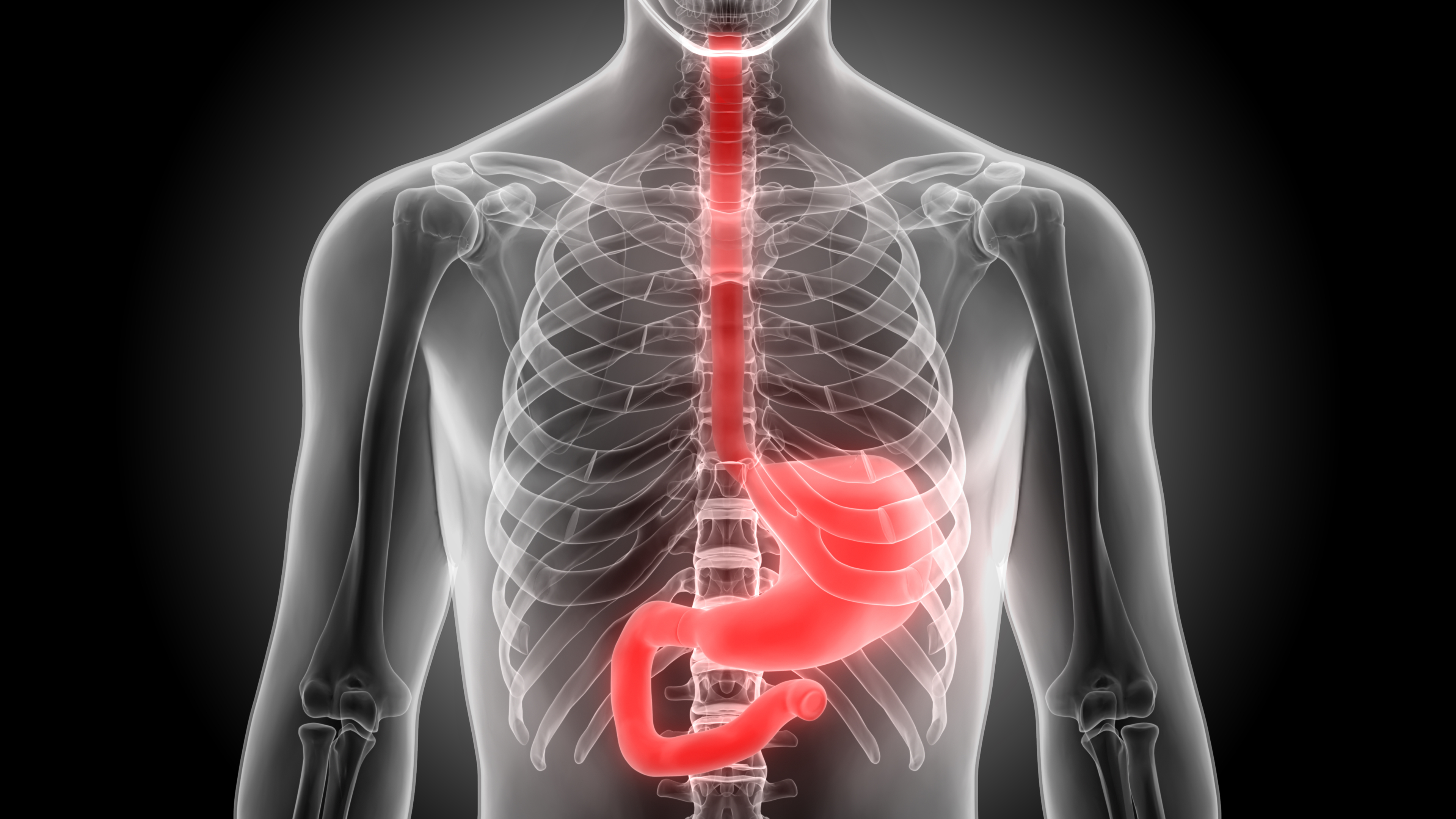Anxiety Drug, Buspar, May Ease Reflux Symptoms in Scleroderma Patients

Buspar (buspirone), a drug primarily used to treat generalized anxiety disorder, may ease reflux symptoms in scleroderma patients with esophageal involvement, according to a study published in the scientific journal Arthritis Research and Therapy.
A greater beneficial effect was seen in patients with less severely affected esophageal function, suggesting that the drug may best help patients with earlier esophageal involvement.
The study’s senior author, Dr. Petros Sfikakis of Athens Medical School National and Kapodistrian University in Athens, Greece, and colleagues concluded that although further placebo-controlled studies are needed, Buspar could potentially be given under observation to all scleroderma patients who report reflux symptoms despite undergoing standard treatment.
For the study, “The 5-HT1A receptor agonist buspirone improves esophageal motor function and symptoms in systemic sclerosis: a 4-week, open-label trial,” researchers recruited 22 patients with scleroderma who had symptoms associated with esophageal involvement. These included regurgitation, heartburn, difficulty swallowing, and chest pain. All patients had previously been treated with a class of drugs called proton pump inhibitors, but their esophageal symptoms remained.
Patients were given 20 mg of Buspar every day for a period of four weeks. Throughout this time, they continued to take their usual medication. The team measured the patients’ esophageal function using high-resolution manometry, where a thin tube containing sensors is passed through the nose, down the esophagus, and into the stomach. The researchers also assessed the dilatation of the esophagus using a chest CT scan.
Results showed that the resting pressure of the lower esophageal sphincter (LES) significantly increased following Buspar treatment. LES is a bundle of muscles situated where the esophagus meets the stomach. It prevents acid from the stomach from traveling up the esophagus.
When researchers further analyzed the results, they found that the less dilated a patient’s esophagus was, the higher was the increase in LES resting pressure after Buspar treatment. In other words, if esophagus function was less severely affected, the drug worked better.
Results also showed that following four weeks of treatment with Buspar, patients’ heartburn and regurgitation scores decreased compared to those registered at the trial’s start.
Buspar is a 5-HT (or serotonin) receptor agonist, meaning that it binds to the 5-HT receptor found on the surface of some cells and activates them in the same way as serotonin, also known as the happiness hormone. Serotonin is also thought to be involved in esophageal function. Studies in healthy volunteers have shown that Buspar strongly stimulates esophageal peristalsis (involuntary muscle contraction) and LES function.
The researchers, however, emphasize that further placebo-controlled studies are needed to confirm the therapeutic effect of Buspar in scleroderma patients with esophageal involvement.






